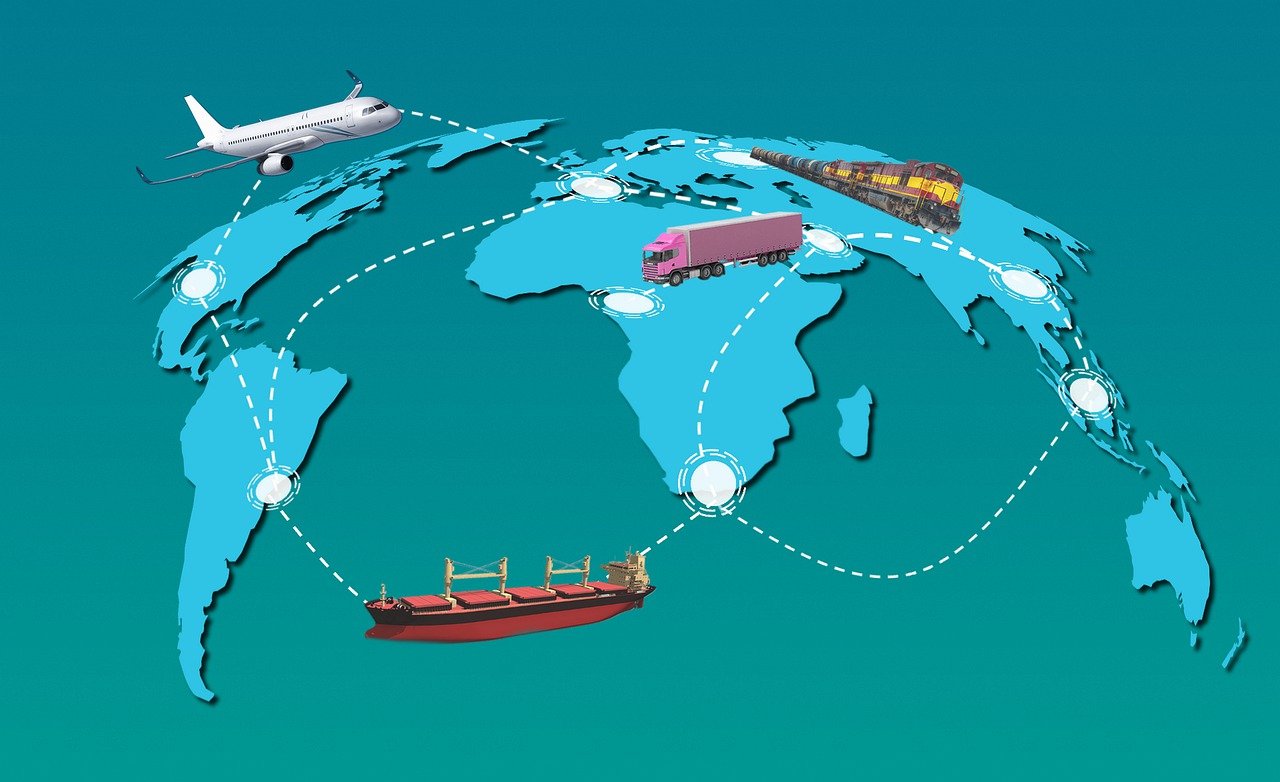Businesses in the logistics industry understand that they need modern technologies to remain competitive. Efficient management of the supply chain is one thing that can give a business an edge over its competitors.
Today, consumers, employees, and businesses are all reaping the benefits brought by these technologies. For instance, a business can track a product from the time it is manufactured to the time it gets to the final consumer.
Unfortunately, some businesses have not yet started using these technologies. Others do not even know about them. Here are some of the technologies making the modern supply chain;
1. Machine Learning (ML) and Artificial Intelligence (AI)
Supply chain technologies such as warehouse management applications and robotics are already leveraging the power of machine learning and artificial intelligence, especially in decision-making. This will grow economies around the globe.
For instance, studies have indicated that AI will be contributing 26.1% of the total GDP in China by 2030. This growth is a result of the efficiencies brought by AI and ML. Logistic companies have not been left behind.
ML and AI are already part of the modern supply chain. They are used to analyze data and make critical decisions that streamline the different operations in the supply chain. Businesses can predict changes in demand and create solutions to address them comfortably.
2. Electronic Data Interchange (EDI)
Electronic Data Interchange can be defined as the process through which businesses exchange large amounts of data. This is also common in supply chain management. As a logistics company, you exchange data with other businesses and individuals seeking your services.
The modern supply chain is immersed in technology. For it to be efficient, logistic companies need a system that can standardize all the data that is exchanged between suppliers, other companies, and customers to ensure that any loopholes for failure are eliminated.
However, it is important to note that choosing the right EDI system is not a walk in the park. You need to look at your requirements and analyze different systems to choose one that meets those requirements. With such a system, you will never worry about tasks such as printing invoices or creating purchase orders.
3. Internet of Things (IoT)
The Internet of Things (IoT) is a term used to describe physical objects that come with processing power, sensors, and other technologies. They connect with other objects and devices to extract and exchange data over different networks.
This is one technology that the supply chain industry will not be able to operate without in the coming few years. Some supply chain companies are already using IoT to help with decision-making, improve productivity, manage inventory, and track their assets.
For instance, using IoT, supply chain companies are able to track their products using GPS and RFID sensors. In addition, they can gather data about their products and use it to make decisions that can improve their services. This is important in ensuring that customers get what they want on time.
4. Monitoring and Observability Technologies
As you can see in this article, the supply chain industry uses different technologies and applications to streamline and run its daily operations. These technologies have to be in perfect health for them to do what they are supposed to do.
Imagine a situation where a reputable logistics company uses IoT to collect one of their product’s data. However, due to a faulty system, they get inaccurate data without knowing and use it to make major business decisions.
This can have far-reaching effects on the business. Fortunately, the implementation of observability can bring immense advantages to IT teams. With such a solution, modern supply chain companies have found a way to ensure that loopholes and issues with the performance of their systems are eliminated.
5. Robotics
The modern supply chain has incorporated robotics into its processes to reduce time wastage and human error and speed up processes. When it comes to productivity and uptime, we are nowhere compared to robots.
In addition, businesses in the supply chain are not using robots to replace humans. Instead, they have incorporated robots to work with human employees to boost productivity. This is something that every other business is looking for.
By using robots and automation, the modern supply chain can find inefficiencies in its processes and come up with solutions to address them. Together with AI and IoT, these technologies are becoming the game changer and streamlining the entire industry.
Other technologies making the modern supply chain include drones, driverless vehicles, blockchain, 3D printing, cloud technology, predictive and advanced analytics, and augmented data intelligence, among others. The next few years will see advancements in all these technologies, and the number of supply chain businesses adopting them will keep growing.

